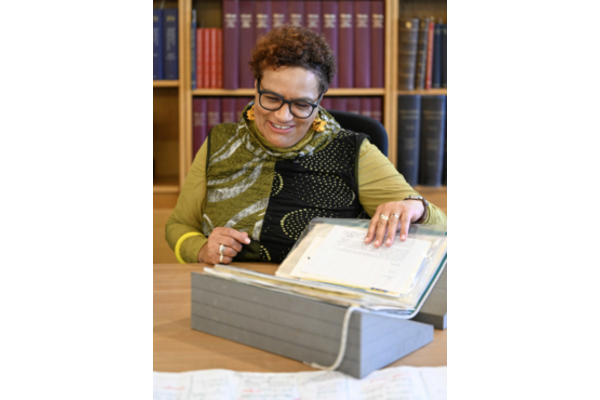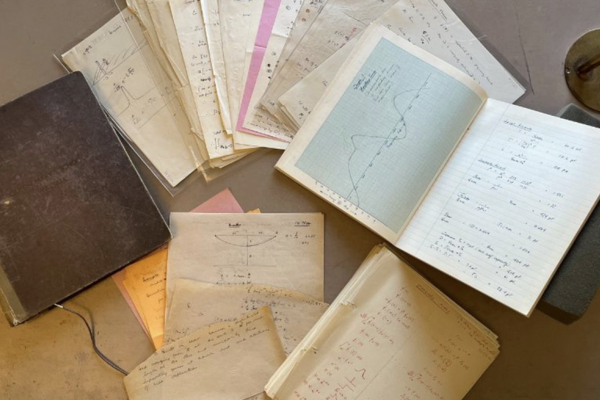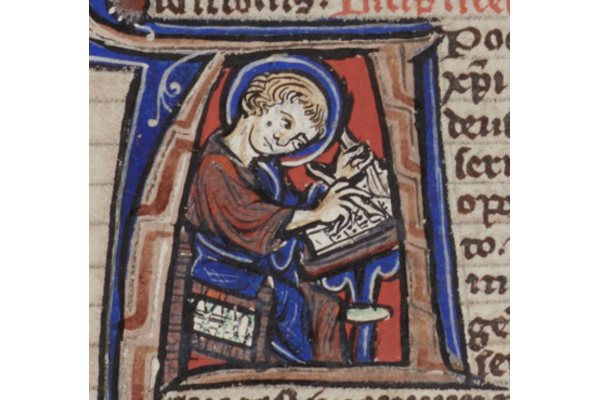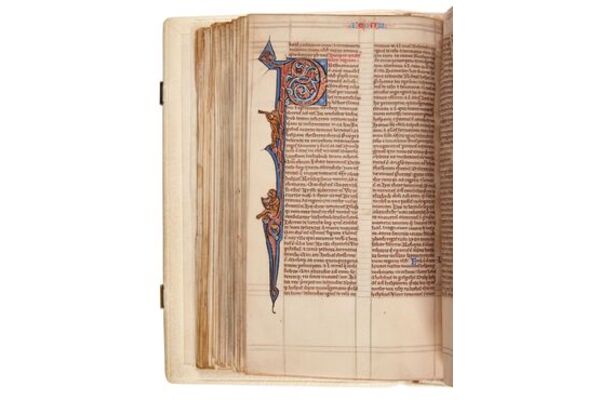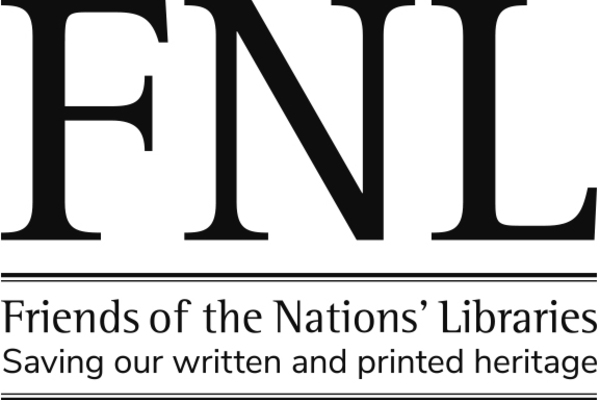The literary archive of award-winning writer has been acquired by the National Library of Scotland thanks to grants from FNL and the Soutar Trust.
Jackie Kay was born in Edinburgh and brought up in Glasgow. She is the author of, among other books, ‘The Adoption Papers’, which won the Forward Prize, ‘Red Dust Road’, winner of the Scottish Book of the Year Award, ‘Trumpet’, and the Costa-shortlisted ‘Fiere’. She was the third Makar, or National Poet for Scotland (2016–2021), and is a Professor of Creative Writing at the University of Salford.
The archive totals 34 boxes of material that offers unique insight into Kay’s life and writing and the rich record of her remarkable personal journey. Included are personal letters, manuscripts of poems, novels, short stories, plays, diaries and press articles. There’s also schoolbooks and university writing, early essays, family papers, notebooks, photographs, audio cassettes, prizes, awards and honours.
Amina Shah, National Librarian, said:
“The National Library has the literary archives of some of Scotland’s most renowned authors, and now we’ve added another treasure to sit alongside them.
“This collection offers abundant insight into Kay’s work and life, which are often inseparable. As a former Makar, prize-winning author and major literary figure, Kay’s writing is widely known and in demand, and her archive is of significant research value to academics, students, biographers, historians and all fans of Kay’s work.
“We are most grateful to Jackie Kay for choosing us as the place for her archive. By doing so, she has ensured public access to her archive, which may inspire generations of writers and artists to come.”
Jackie Kay said:
“I’d never have thought, having kept all my old notebooks, jotters and letters for years, moved them from house to house to live in various attics or cellars, that they would finally end up in the best of all homes – the National Library of Scotland. And in the very best of company too – with Alasdair Gray, Muriel Spark, Nan Shepherd and Burns amongst many beloved others. My son said to me, ‘Mum you’re going to have nothing to do when you’re dead.’ It’s a comfort and an honour to know that years after I’m gone people will still be able to have a good old rummage amongst my things.”

